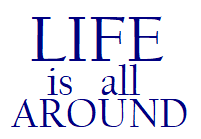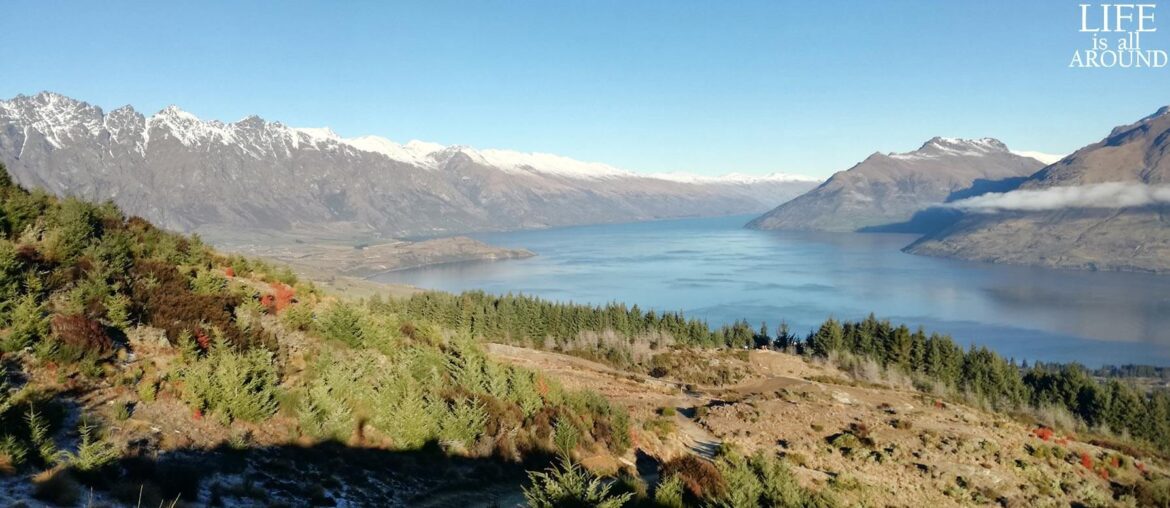We live in an era where the lines between society and economy get more and more blur. It is important to know how the economy started in the first place and see what lessons we can get out of it.
It all started with agriculture
Historically, society came first, and then, years later, the economy started to make its first steps. First, people came together for surgical reasons: a group of people can protect each other from the elements, sickness, and wildlife.
As the society evolved and the population increased, people found ways to cultivate the land instead of only picking its limited fruits, nuts, or hunting. The birth of agriculture enabled just a few people to produce the necessary food for the whole society. This is when the economy started.
Up until then, everyone had to work together to find food and survive. Now, a few could supply the food and the rest were free to specialize in other areas and exchange their services for food. New professions emerged, such as builders, writers, even scientists.
Challenges breed growth
This is an interesting piece of information. But how can we use it to better our lives? This is what this blog is all about after all. If you make your research, you will find that the first economies started in the area around Europe and Mesopotamia.
The question is: “Why Europe and not Australia for example?”. According to sociologists, the answer has a lot to do with the proportion of the population over available fruits and nuts in the land. There were more people and fewer fruits in Europe; the inverse for Australia.
Because Australia was such a huge land with many fruits readily available, its population did not have the challenge of nurture. Survival was ensured by mother nature.
On the other hand, Europe was a land of many people and few fruits. The population was growing but the food was not enough. They would either have to starve until fewer people remain alive, or they had to find a solution.
And they found a solution: agriculture. If it wasn’t for the challenge of nutrition, agriculture would never start, and hence an economy would never happen; at least not in the way we know it.
Change your problems with challenges
If we look at our lives too, when do we create more? When there is a challenge or when everything is perfect? Even when everything seems perfect, it seems as if we tend to create problems ourselves.
So challenges seem to be important for improving our lives. If it wasn’t for them, life would be very different. Maybe we would have to fight for food every day. Who knows? It is natural to be grateful for our challenges.
And the perspective here is important too. Many say they have lots of problems in life. What if they instead used the word “challenges”? It is just a small change of word but it can reflect a whole different attitude to life.
When you see many problems in life, you are more likely to be miserable and suffer from them. If you instead see the same matters as challenges, then you can function in an entirely different, more productive manner.
Takeaway
- The economy started out of agriculture and the food surplus it created
- Challenges have triggered some, if not all, of our greatest achievements, either personally or as humans.
- It is more efficient to see a certain matter as a challenge rather than a problem; be grateful for your challenges in life.

